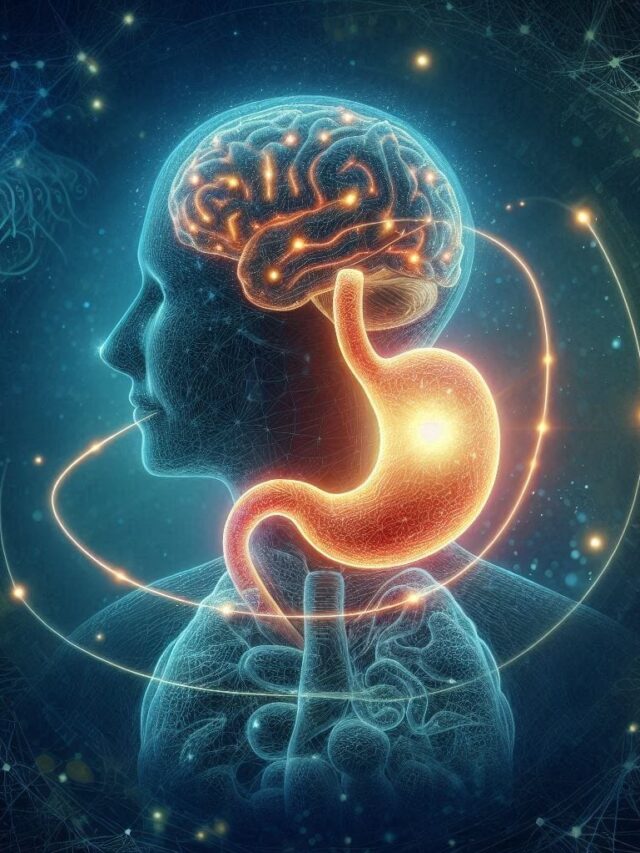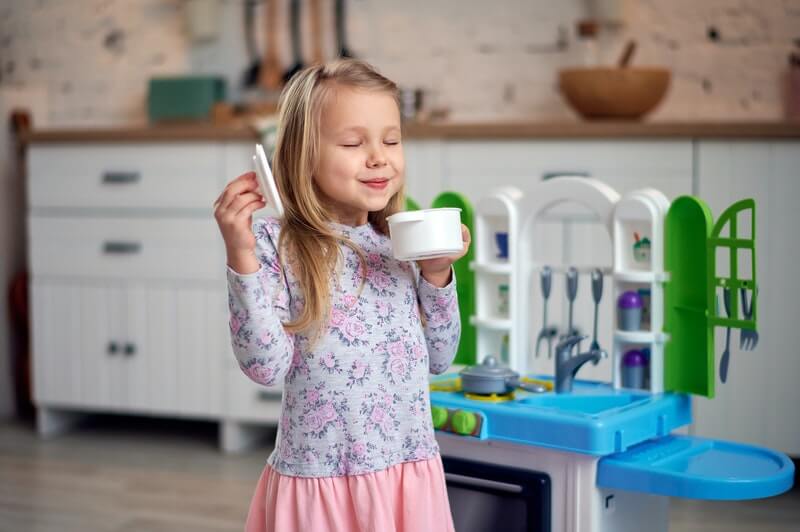You know how sometimes you rinse something off and feel like you’re doing the right thing—only to find out later, “Wait, I wasn’t supposed to do that”? Yep. Welcome to the sneaky world of washing food. It’s not just about rinsing away dirt or bugs. Sometimes, washing certain items can actually make things worse—either by spreading bacteria or ruining texture.
Let’s unpack this, layer by layer—like peeling an onion (which, by the way, you don’t need to wash… but we’ll get to that).
First: Why Are We Even Washing Food?
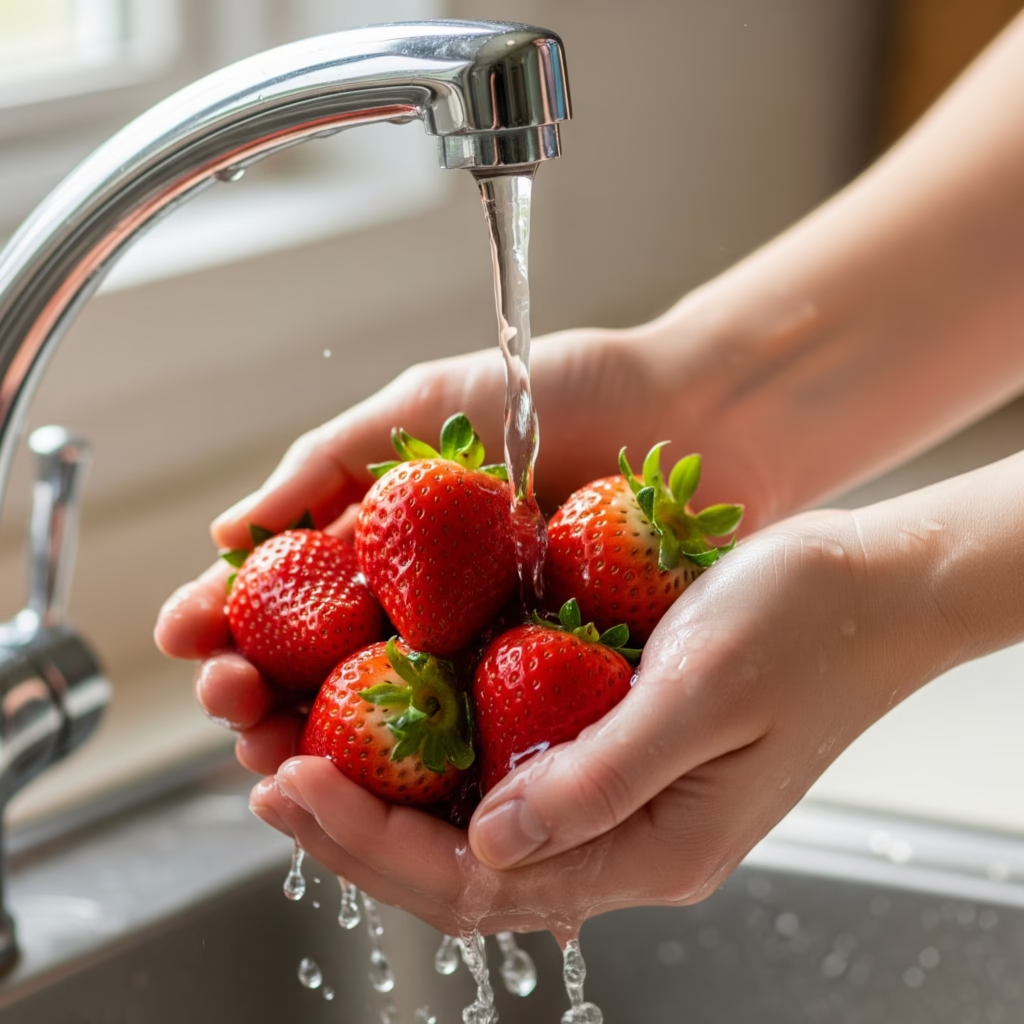
Let’s clear this up from the jump. The instinct to wash food comes from a good place—no one wants pesticides, germs, or mystery goo in their salad. But cleanliness isn’t just a matter of running water. There’s chemistry, microbiology, and yes, a little food science involved.
When you rinse something like raw chicken, you’re not “cleaning it”—you’re spraying bacteria around your sink and countertops. Same goes for eggs (those shells are sealed for a reason).
Still, there are plenty of things you should wash. The trick is knowing what—and how.
Wash These Every Time (No Excuses)
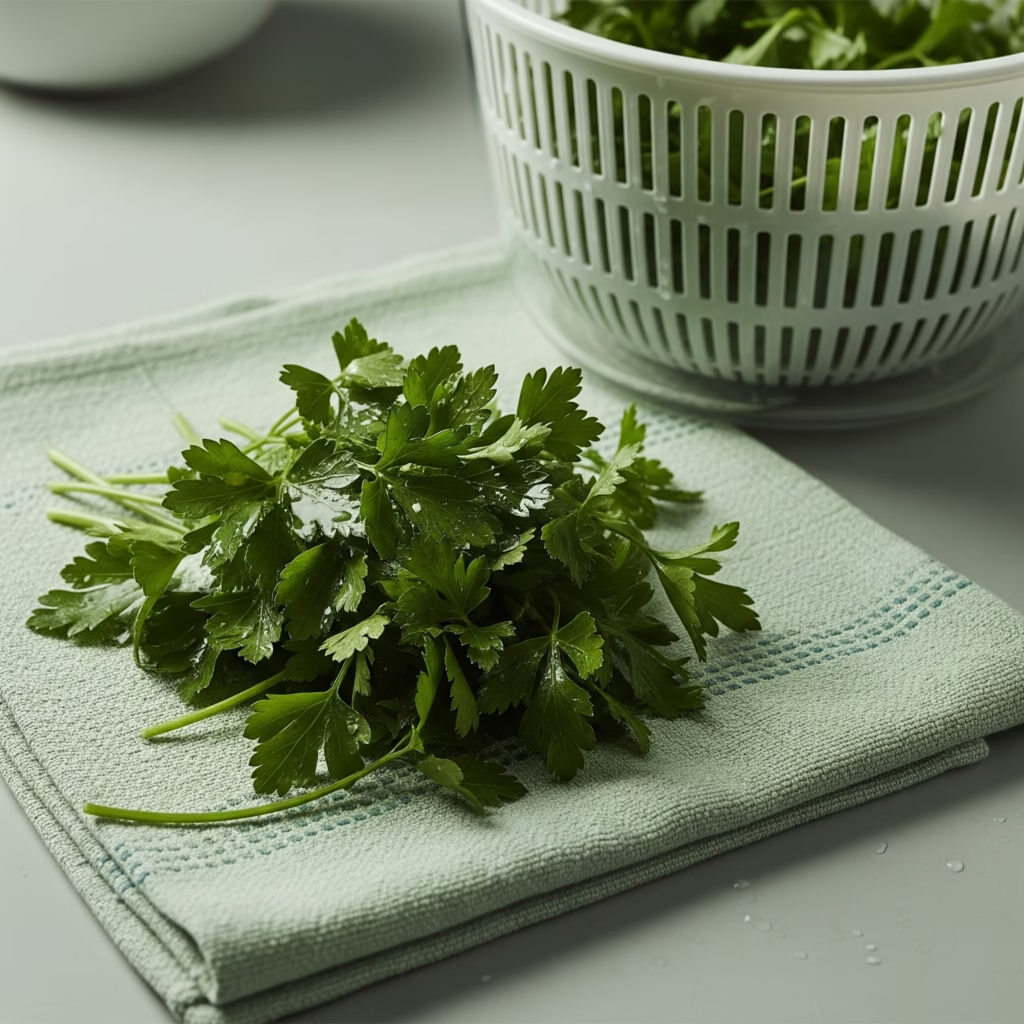
1. Fresh Fruits and Veggies You Eat Raw
Think apples, berries, lettuce, cucumbers. Even organic stuff can carry dirt, bacteria, or pesticide residue.
- Leafy greens – Pull them apart and rinse under cold water. A salad spinner helps a ton here.
- Berries – Rinse gently just before eating. Washing too early = soggy, moldy sadness.
- Apples, pears, stone fruits – A scrub with a produce brush can help remove wax and dirt.
Don’t use soap. That might sound obvious, but you’d be surprised—your stomach isn’t designed for dish detergent.
2. Herbs (Yes, Even the Bougie Ones Like Thai Basil)
Fresh herbs can be a dirt magnet. Rinse under cold water, pat dry with a towel, or whirl them around in a spinner. You’d be amazed how much grit hides in parsley.
3. Root Vegetables – Dirt’s Favorite Hiding Spot
Potatoes, carrots, radishes… you get the picture. If it came out of the ground, rinse it before peeling or chopping. A stiff brush works wonders on stubborn soil.
Don’t Wash These—Seriously, Don’t
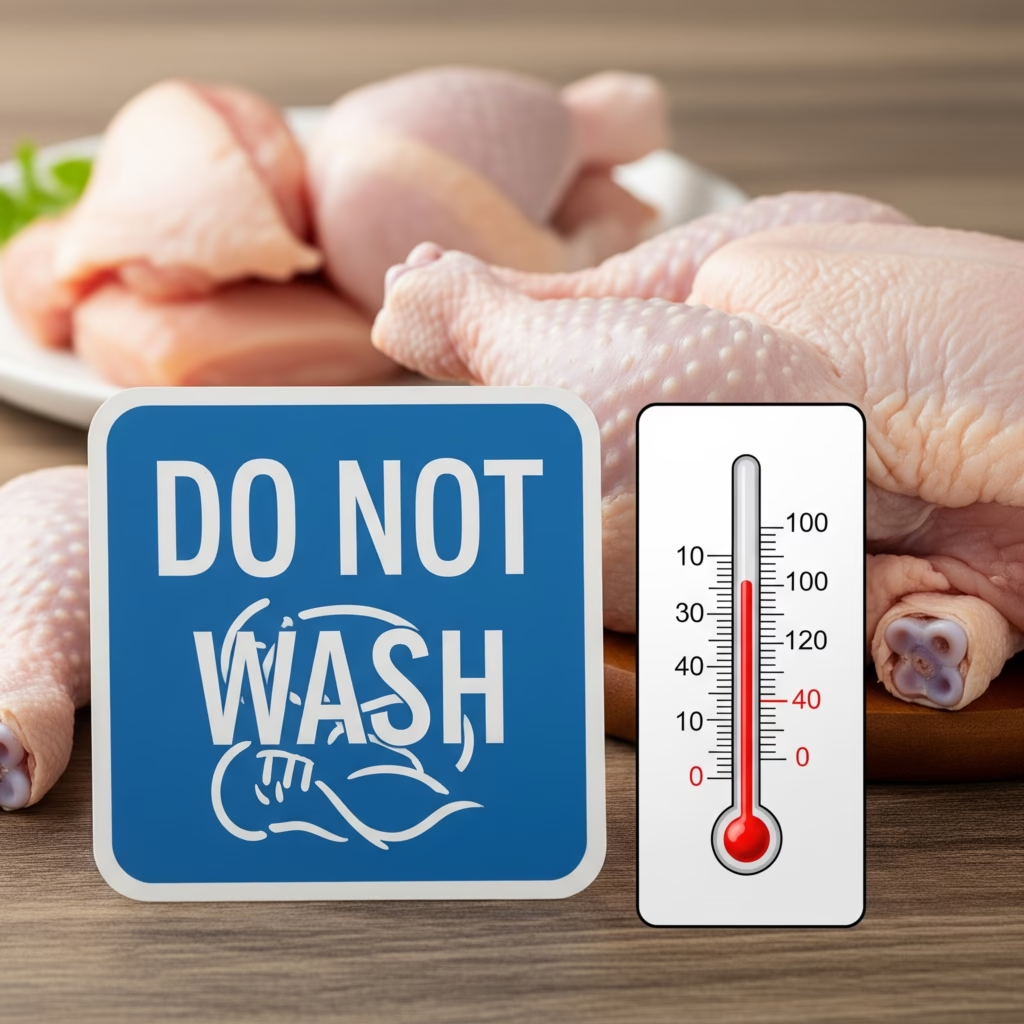
1. Raw Poultry, Beef, and Fish
This one’s controversial, especially in certain cultures where “washing meat” is a ritual. But here’s the science: water doesn’t kill bacteria—heat does. Washing raw meat can splash pathogens like salmonella all over your kitchen.
What to do instead? Pat it dry with paper towels if needed. Then cook it thoroughly. The heat is your hero here.
2. Eggs (At Least in the U.S.)
In the U.S., eggs are washed and coated with a protective layer at the processing plant. Washing them again at home actually strips that barrier and makes them more vulnerable to bacteria.
Different story in Europe, where eggs often aren’t washed and refrigeration rules vary. So this one’s geographic—know your egg laws.
3. Pre-Washed or Triple-Washed Greens
If the bag says “ready to eat,” it’s been through multiple sanitation steps. Washing again in your sink increases the risk of cross-contamination. Just open and plate.
Caveat: If your gut says “this still smells off,” trust it. Smell and sight are your best tools in the kitchen.
Sorta Yes, Sorta No: The Middle Ground
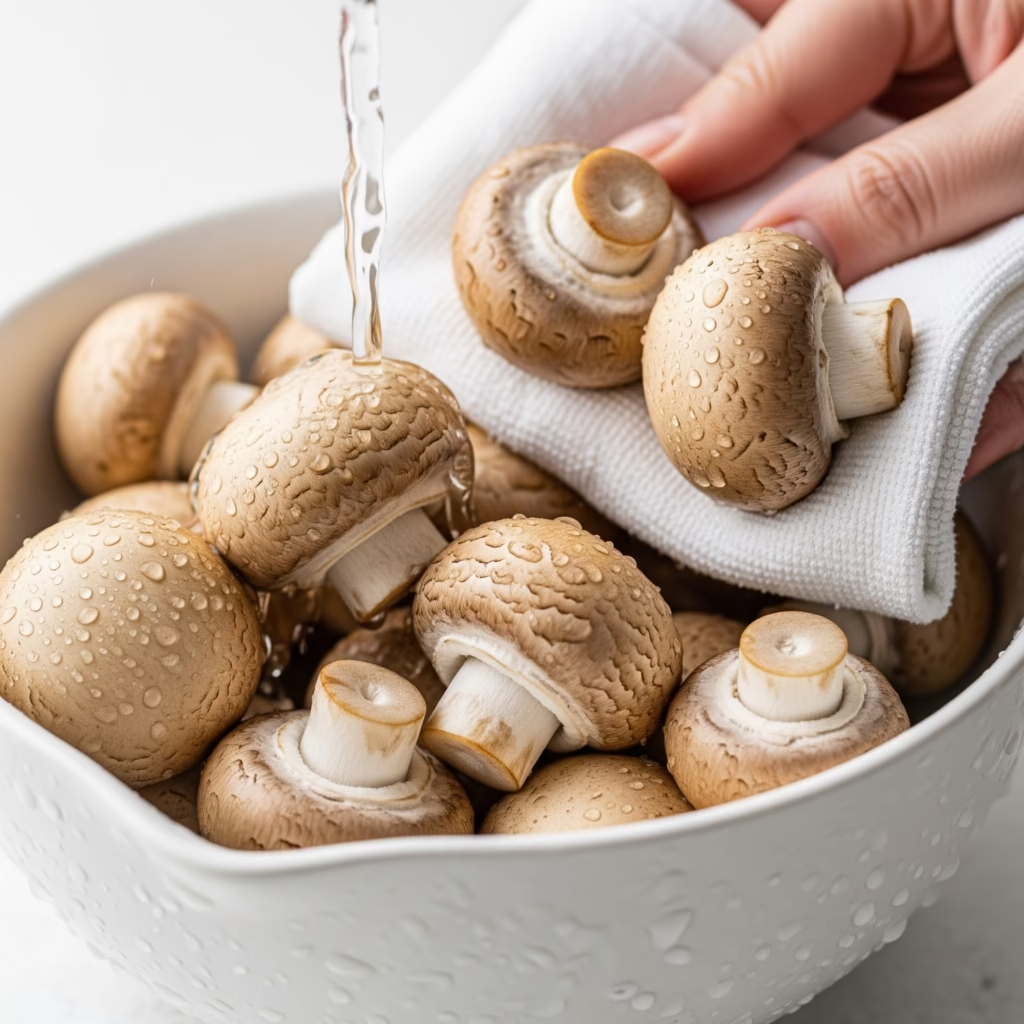
1. Mushrooms
Ah, the great mushroom debate. Should you rinse ‘em? Wipe ‘em? Blow gently on each one like it’s a rare vinyl record?
Short answer: a quick rinse is fine. Mushrooms soak up water fast, so don’t soak them or let them sit wet. A soft brush or paper towel wipe works well too.
2. Canned Beans and Legumes
You don’t have to rinse canned beans, but doing so reduces sodium and can mellow that “tinny” flavor. Chickpeas, especially, benefit from a rinse if you’re using them in salads.
Pro tip: save the bean liquid—aquafaba. That starchy brine can be whipped like egg whites for vegan recipes. Yeah, science.
Tangent Alert: What About Washing with Vinegar or Baking Soda?
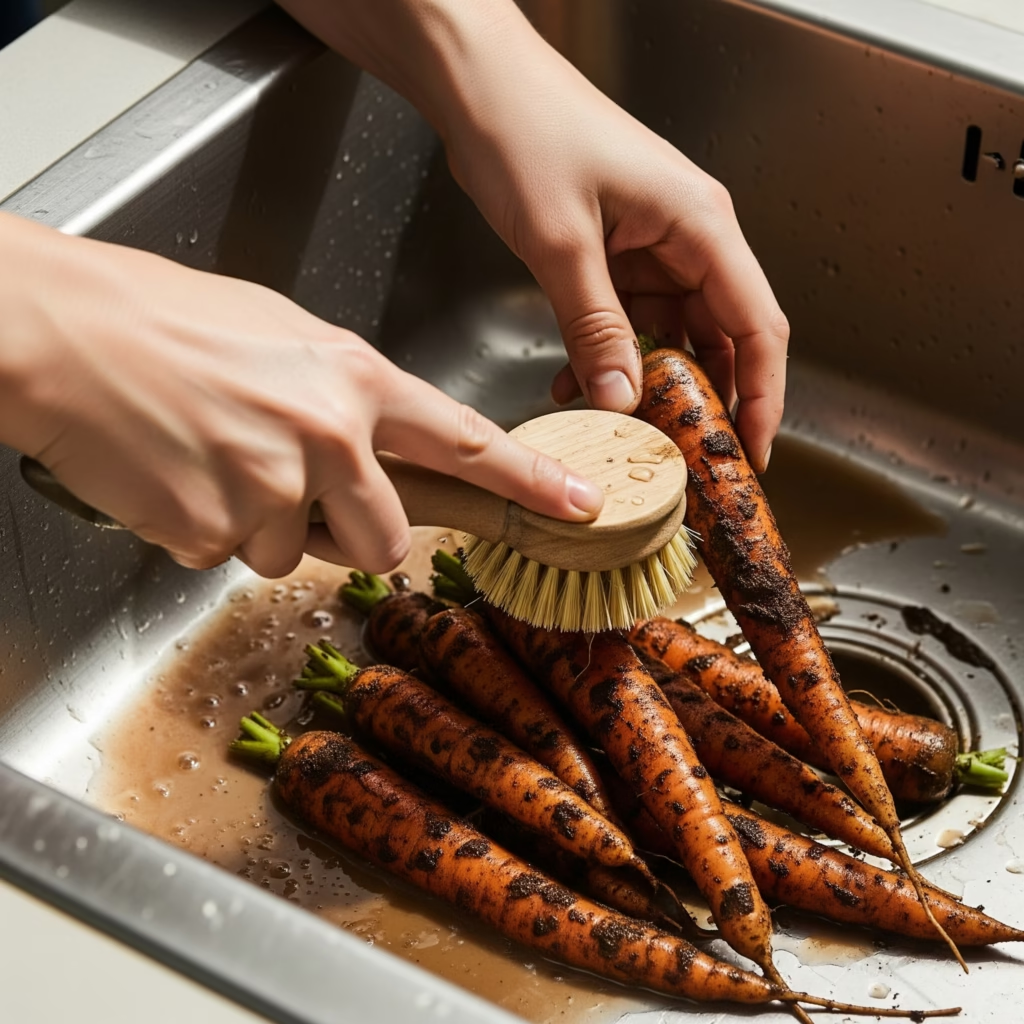
You’ve probably seen TikToks of strawberries soaking in vinegar or baking soda water, with bugs floating to the top. Gross—but real.
These methods can help reduce pesticides and dislodge tiny critters, especially for porous produce like strawberries, grapes, or leafy greens. Just rinse with clean water afterward, or you’ll end up with salad that tastes like a chemistry lab.
A Few Final Notes (Because Life’s Messy)
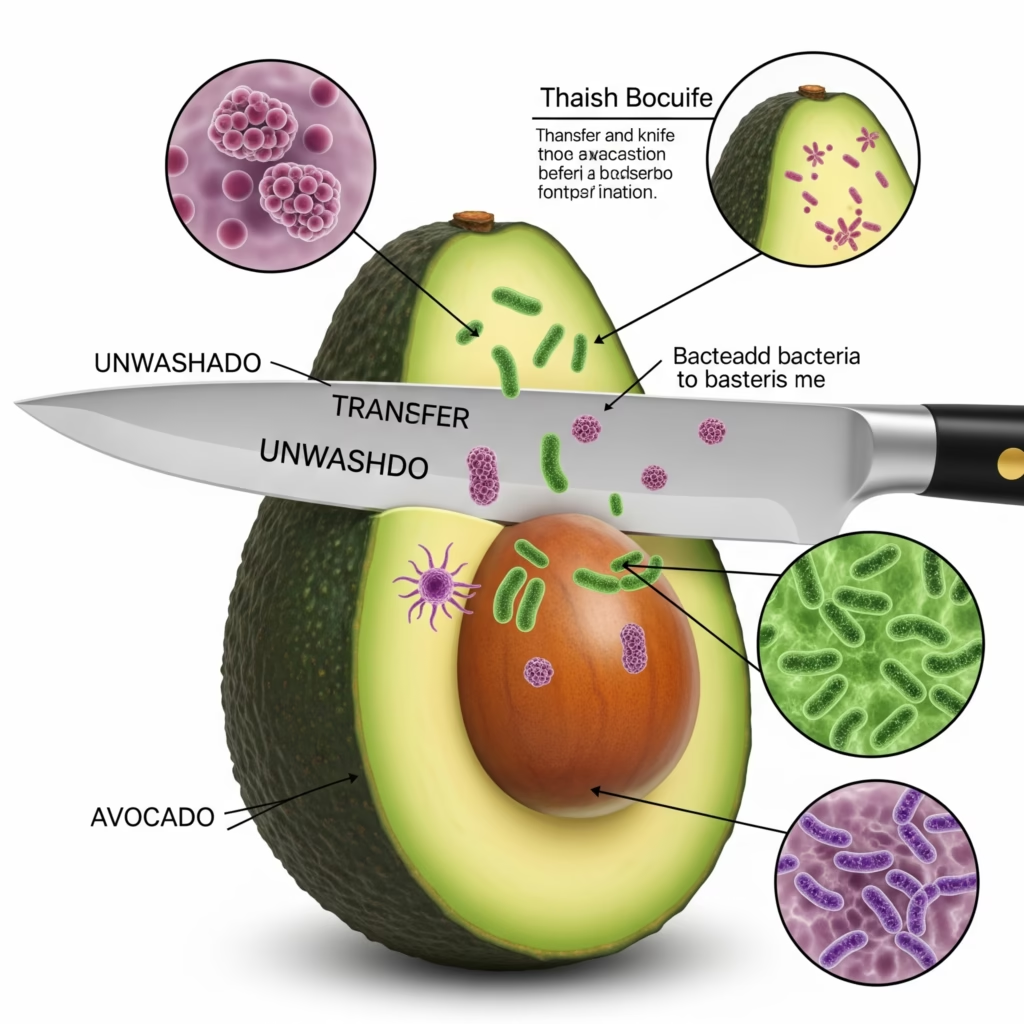
- Organic ≠ Clean – Just because it’s organic doesn’t mean it’s free of bacteria or bugs. Wash it anyway.
- Peels Matter – Even if you’re not eating the skin (like bananas or avocados), wash them first. Knives drag bacteria from the outside to the edible part inside.
- Storage Affects Safety – Don’t wash foods and then store them wet. That invites mold and bacteria. If you must prep ahead, dry things thoroughly.
The Bottom Line? Be Smart—Not Paranoid
Washing food is a balance. It’s about removing what’s unsafe without ruining what’s perfectly fine. The good news? You don’t need fancy gadgets or food-sanitizing sprays to get it right.
Just use your eyes, your hands, and your common sense.
And maybe skip rinsing that raw chicken next time.
